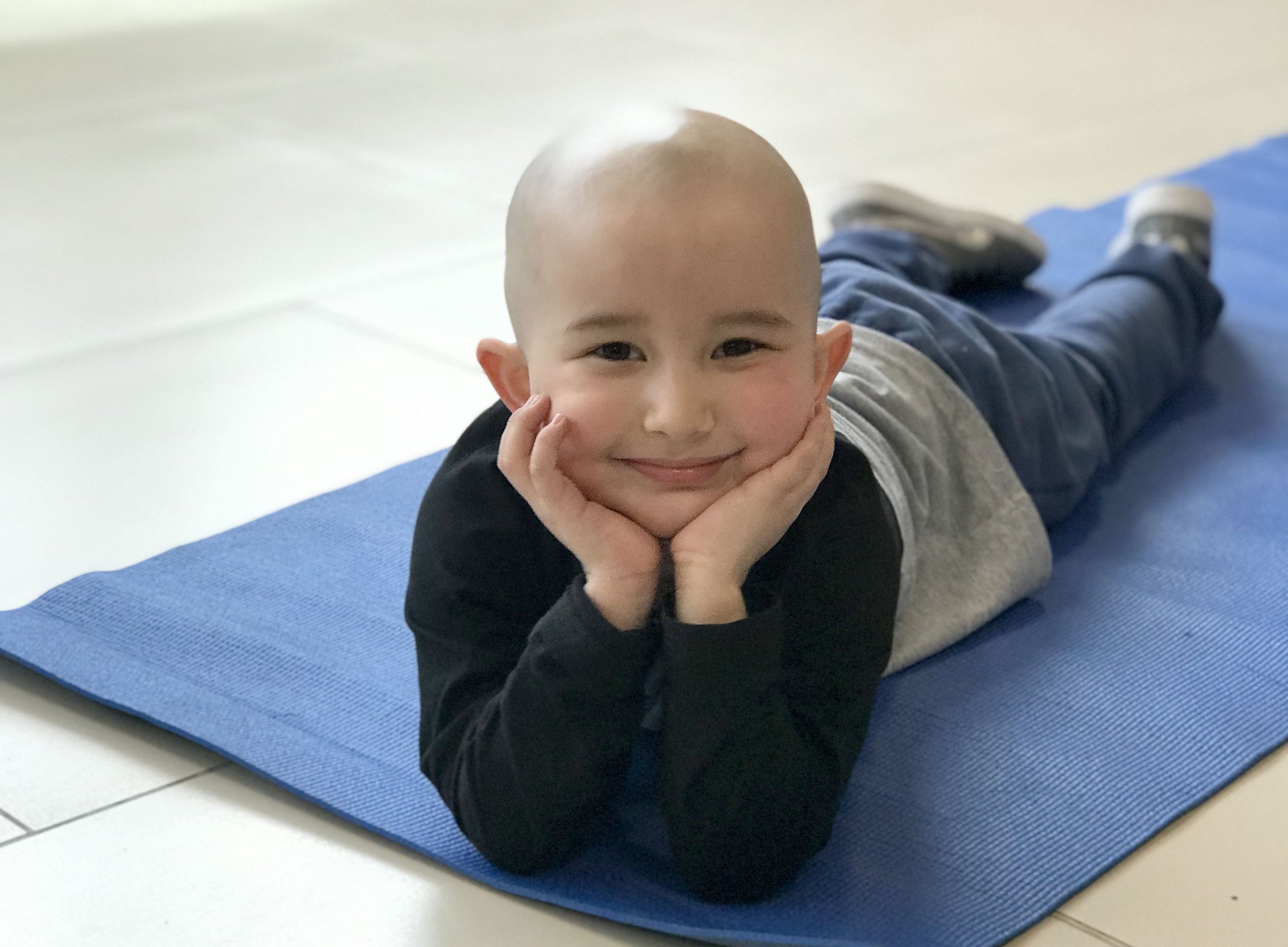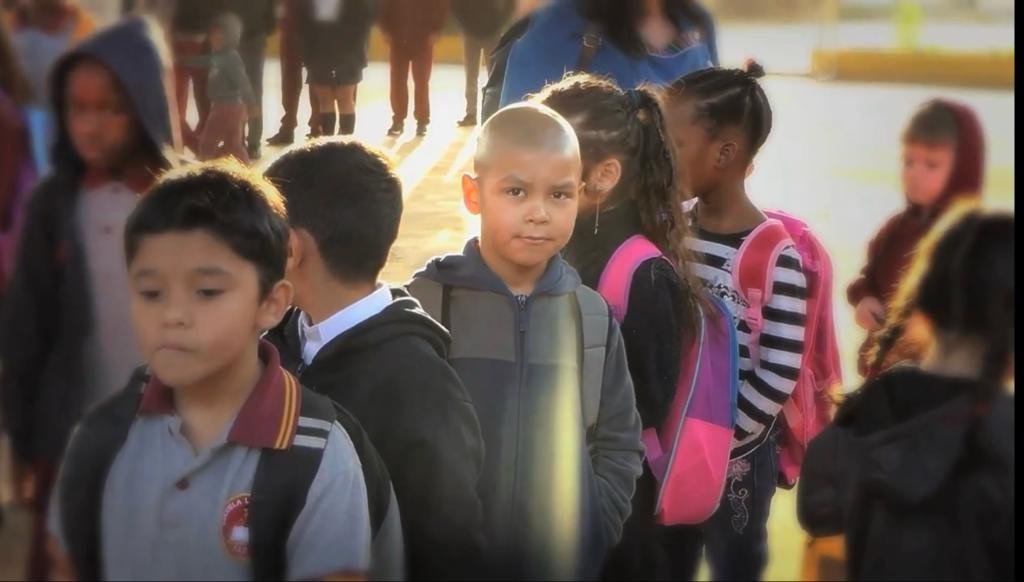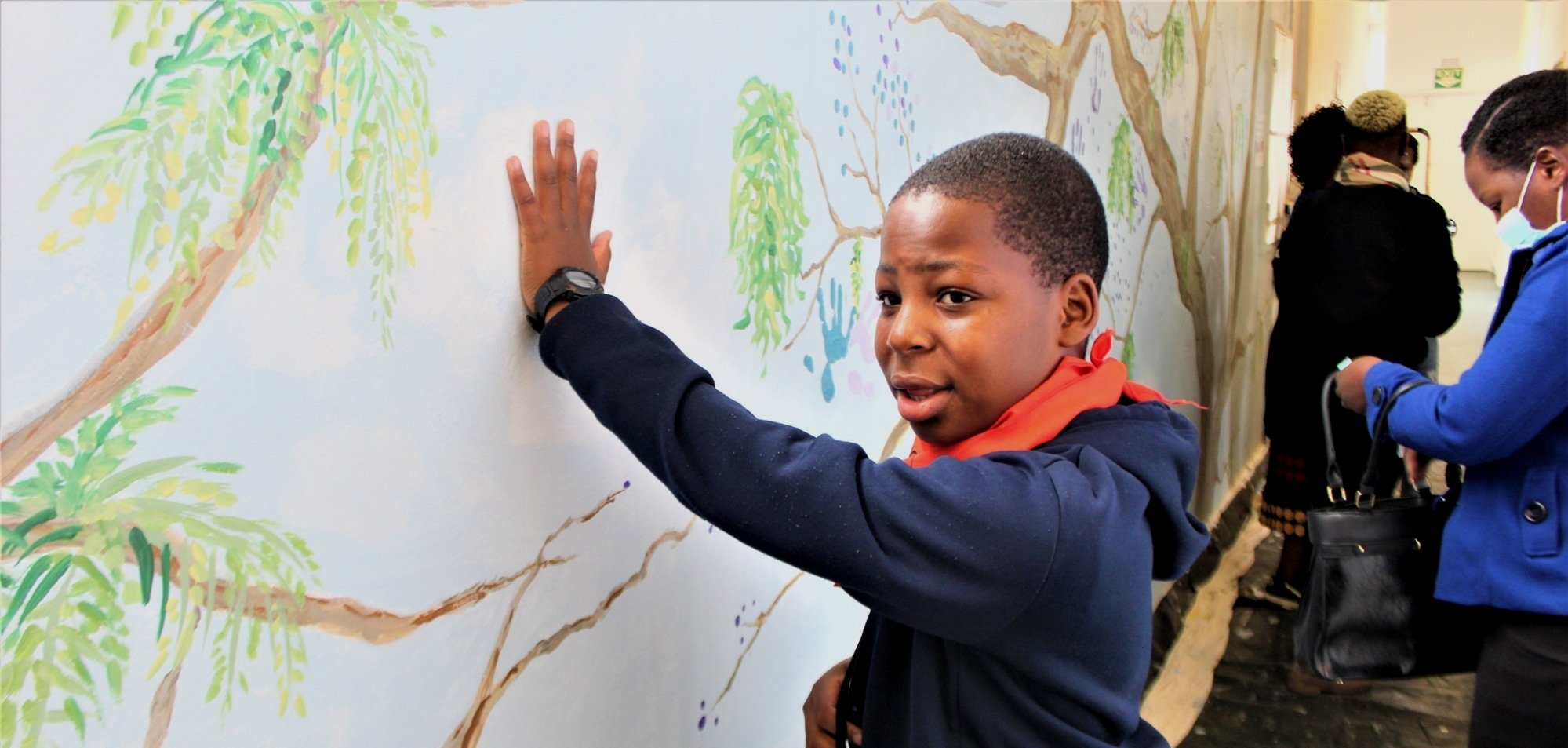
Every child with cancer deserves the best treatment and care!
Globally, every year, it is estimated that more than 400,000 children and adolescents below 20, are diagnosed with cancer (WHO 13 December 2021). That means, worldwide, every 3 minutes a child is diagnosed with cancer!
The rate of survival depends on the region, with 80% survival in most High-Income Countries, but as low as 20% in Low-and-Middle-Income Countries. Most childhood cancers can be cured with available medicines and other forms of treatment, including surgery and radiotherapy. Only 29% of Low-Income Countries report that cancer medicines are generally available to their populations compared to 96% of High-Income Countries.
The cost of treatment of childhood cancer is also generally cost-effective in most income groups. In other words, the death of many children and teenagers from cancer could be avoided. Avoidable deaths from childhood cancers are generally from a lack of diagnosis, misdiagnosis or delayed diagnosis, obstacles to accessing care, abandonment of treatment, death from toxicity, and relapse.
-
Cancer is one of the major causes of death for children and adolescents, is the second highest cause of death among 5 – 14 year olds. The most common types of childhood cancers include leukemias, brain cancers, lymphomas and solid tumours, such as neuroblastoma and Wilms tumours. Unlike some adult cancers, childhood cancers are not related to lifestyle, and cannot generally be prevented or identified through screening. The good news though is that most childhood cancers can be cured with available medication and other forms of treatment, such as surgery and radiotherapy.
-
Cancer occurs in people of all ages – from newborns to the elderly – and can occur in any part of the body. It begins with genetic change in single cells, that then grow into a mass - a tumour - that invades other parts of the body. As it grows it causes damage to the body, and can result in death. Unlike cancer in adults, the vast majority of childhood cancers do not have a known cause. Much research has sought the causes of childhood cancer, but very few cancers in children are caused by environmental or lifestyle factors. Current data suggest that approximately 10% of all children with cancer have a predisposition because of genetic factors. More research is needed to identify factors that impact cancer development in children and adolescents.
Because it is generally not possible to prevent cancer in children, the most effective strategy to reduce the burden of cancer in children and improve treatment results is by ensuring:
Early and correct diagnosis.
Effective, evidence-based (medical) treatment.
Good , comprehensive support care (including practical support – to families how cannot afford treatment for instance, proper nutrition to strengthen the body and aid the treatment process, psychosocial support, and other forms of necessary support and care).
-
When identified early, cancer is more likely to respond to effective treatment and result in a greater probability of remission and survival, less suffering, and is more cost-effective than late diagnosis and treatment. It is not just a matter of early detection, but also of correct diagnosis. This is essential, since every type of cancer requires a specific treatment regimen that may include chemotherapy, surgery and radiotherapy.
To help ensure early diagnosis it is highly advisable to become familiar with awareness signs and symptoms. Please consult the St Siluan Early Warning Signs. (Source)
-
In addition to the medical care and treatment - which is of course essential - we as CCI are very aware that general support and care from parents, family members, and the community is also vitally important. Being diagnosed with, and then undergoing treatment for childhood cancer, is a challenging and traumatic experience for all involved - the child, the adolescent, the parents, family members and siblings. Emotional and psychosocial support is thus critical.
Children and adolescents are growing and in need special attention to their continued physical and cognitive growth and nutritional status.
All of this requires a dedicated, multi-disciplinary team – usually made-up of doctors, surgeons, social workers, nutrition specialists, physiotherapist, volunteers and other professionals. The role of parents, family members and volunteers is of course vitally important.
-
Palliative care is about relieving the symptoms caused by cancer and improving the quality of life of patients and their families. Sadly, some children with cancer are not cured – either because the aggressive cancer does not allow cure, or due to late diagnosis and inadequate treatment. If this is the case then pain management is essential - relief of suffering is possible for every child or teenager. Palliative care is considered a core component of comprehensive care, starting when the illness is diagnosed and continuing throughout treatment and care, regardless of whether or not a child or adolescent receives treatment with intention of cure or not.
-
Apart from needing cure, adolescents and children also need support – practical, emotional and psychological. Children, adolescents with cancer suffer as a result of severe and toxic treatments which cause lifelong health issues and challenges. Even after remission and full recovery children and teenagers can still feel the effects of cancer, the treatment and the psychosocial impact - for years after and into their adult years. In other words children and teenagers needs support and care during treatment, and often for many years after treatment.
CCI brings together local childhood cancer communities (parents, survivors, family members and volunteers) to support young people with cancer towards recovery, support them and their families in their cancer journey, and towards survivors attaining a better quality of life.
CCI Strategic Plan 2024-2026.
Find out which are the key objectives of CCI for the next years. Read here the Strategic Plan.
1994.
Childhood Cancer International was founded in 1994, as an umbrella organization of childhood cancer grassroots and national parent organizations.
Today, CCI is the largest patient support organization for childhood cancer. It is a global, parent-driven non-profit that represents more than 221 member organisations in 102 countries and 6 continents, childhood cancer survivor associations, childhood cancer support groups, and cancer societies, in over 90 countries, across 6 continents.

The Voice of Children.
Recognized world-wide as the body representing children/adolescents with cancer, childhood cancer survivors and their families, CCI works in partnership with international development organizations, policy makers, civil society organizations, health, research and medical professionals .
It seeks to inform and catalyze synergistic, cross-sectoral collaboration towards:
-
Reducing increasing deaths from childhood cancer.
-
Creating a supportive enabling environment for childhood cancer initiatives.
-
Advancing the cure for childhood cancer.
-
Improving equity in access to care.
-
Transforming the quality of care.
Our Vision.
-
CCI wants to see a world where the challenges faced by children with cancer, the survivors and their families, are well understood and fully appreciated by key stakeholders, political leaders, decision makers, societal influentials, healthcare professionals (medical and non-medical ), development practitioners and the wider community .
-
CCI is driving change initiatives so as to catalyze action and transform childhood cancer care, everywhere. It dreams of a world where children with cancer, the survivors and their families , irrespective of where they are, can readily and easily access affordable, quality care from diagnosis to follow-up support.
Strategic Intent.
-
The childhood cancer journey is life transforming. CCI recognizes that the experience of a family undergoing cancer treatment is often traumatic, extremely distressing and isolating for the child /adolescent with cancer, the parents, siblings and family member and carers. Thus, CCI believes that all parties should not go through this journey alone. They need support, inspiration, and hope.
-
The impact of childhood cancer on the life of the whole family is well-known and well documented by health care professionals. Unfortunately, psychosocial and practical services which recognise and respond to the emotional, social and practical needs of the child/adolescent with cancer, the family members and the survivors, are not available in all countries, especially low and middle-income countries.
-
We need to Stand Up and Speak Out. We need to put a stop to premature and avoidable deaths, as well as unnecessary suffering due to childhood cancer. Despite parent support groups having been in existence for the past thirty years, childhood cancer issues and challenges largely remain marginalized and neglected in the national, regional and global child health and development platforms. Working together in solidarity, we can become a powerful voice and a force for creating breakthrough changes in childhood cancer care everywhere. Working together as one, we can advance the childhood cancer agenda in the national, regional and global child health and development platforms.
Mission Statement.
We engage and collaborate with diverse stakeholders: policy makers and influentials, international development practitioners, medical and healthcare professionals, public and private sector and civil society. Driven by passion, determination and caring for others, we are committed to ensuring availability and access to affordable, essential childhood cancer medicines and high quality childhood cancer care everywhere.
We believe that knowledge sharing stimulates growth of innovations and new ideas for creating more responsive programs and more effective ways to serve, support and assist . We share information and experiences, promote best practices and good practice models, adapt effective, innovative approaches and deliver cost effective solutions to responsively address challenges faced by children/adolescents with cancer, the survivors and their families.
CCI Statutes.
Action Plan
2023-2024.
Action Plan
2024-2025.
Action Plan
2022-2023.
Financial Statements.
Annual Reports.
*Our reports and financials are always uploaded
after our Annual General Assembly in October.
Childhood Cancer International is a Public Benefit Organisation (BPO).
Please find here the documents related to the publication requirement for PBO’s.
-
[ DOWNLOAD ]
CCI Global Network.
CCI global network of member organizations, allies and collaborative partners is working towards creating a world, where the rights to health and well-being of children/adolescents with cancer, survivors and their families, are protected and promoted.

Programmes By Our Members.
CCI believes in the power of collaboration to create breakthroughs and sustain change.
Meet Us.
People behind CCI
Strategic Partners.
Collaboration and Networking

